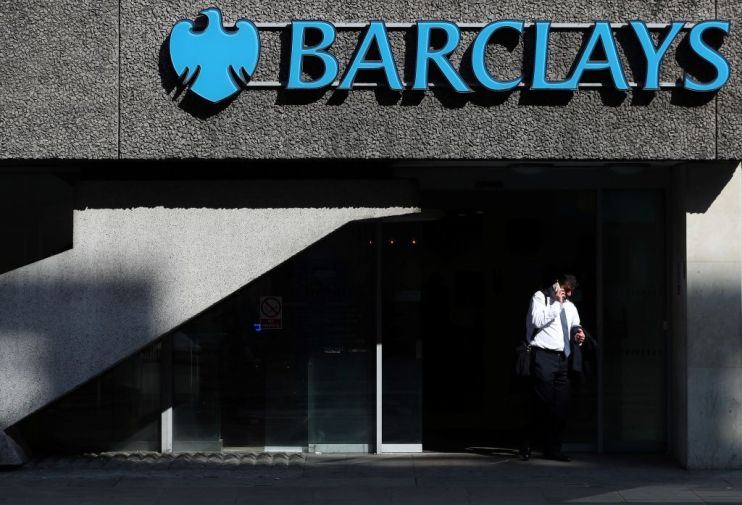Barclays forgot about the humans in HR

Barely a day goes by without a think tank, employers’ group or minister talking about the need to improve the productivity or British business, and while this generally conjures up images of factory floors it’s reassuring to know that investment banks are also searching for elusive gains.
How else to explain the decision by Barclays to install dystopian staff-monitoring software on their Canary Wharf computers?
A whistleblower in the investment banking arm provided us with details of the Sapience system installed last week on computers, and we revealed the controversy on yesterday’s front page.
As today’s front page notes, Barclays has now pulled the plug on the controversial pilot scheme following a wave of criticism.
Two take-aways stand out. Firstly, this must be the first time that the TUC has come to the defence of investment bankers (“Shame on you Barclays,” they said yesterday) and secondly, employers have to take staff with them when introducing technological innovation.
Performance data can be valuable, of course, but alienating your workforce comes at a high cost and it’s right that Barclays has gone back to the drawing board.
Frost warms up his audience
THE SPEECH given this week by the UK’s chief EU negotiator David Frost constitutes the most significant utterances by a Brit in Belgium since Margaret Thatcher delivered her Bruges speech in 1988. If you don’t believe me, look it up and read the whole thing.
Frost is a functionary, he is doing the PM’s bidding, but he is also a true believer in Brexit and his speech to academics in Belgium represents the most detailed and personal explanation of euroscepticism (and Brexit) that anyone has given since the referendum.
Brexiters should luxuriate in it, while those who lament our departure should read it to understand exactly what the project’s proponents believe, and what they have planned.
On the market
There’s a real treat available on the BBC iPlayer in the form of a documentary called The Market. First broadcast in 1976, the film shines a light on the City of London and a world of merchant banks, jobbers and brokers.
A few top hats are still visible and the skyline is a little less flashy. I dare say a handful of you will remember the scenes. It’s also reassuring to note what hasn’t changed: the value placed on trust, reliable market intelligence and sound judgement.
West Winging it
Have you ever heard Sadiq Khan say Shaun Bailey? He says only “the Tory candidate.” It reminds me of a scene from the West Wing when campaign advisers plead with Jed Bartlet to stop using his opponent’s name since it amounts to free advertising. Bartlet responds: “I think it’s going to make me look like I can’t remember his name. I think it’s going to make me look addled. And even if it didn’t make me look like those things, it would remain a stupid idea.” Quite.
Capital gains
Intriguing remarks from Colm Kelleher, president of Morgan Stanley until his retirement last year. The FT got hold of his remarks to a private dinner in Dublin, in which he suggested that the EU’s capital markets “are not fit for purpose”.
He added: “They are neither large nor deep enough to support economic growth or to buffer it in hard times.” Brexit, he said, “amplifies the challenge” for the EU, as the City of London “is the world class portal through which global capital enters and exits the EU”. Do they really want to shut themselves off from it?
Keir on out
It seems no amount of evidence will wake the Labour party up from its Corbynista coma. Leadership frontrunner Sir Keir Starmer has signed up to almost all of Corbyn’s platform, but he should read new polling carried out by the Tax Justice Network, of all people.
Surveying traditional Labour voters in Blyth Valley the poll found that anti-wealth rhetoric went down particularly badly, with most people saying billionaires and millionaires deserved their wealth. Sir Keir should pay attention.
Main image: Getty
